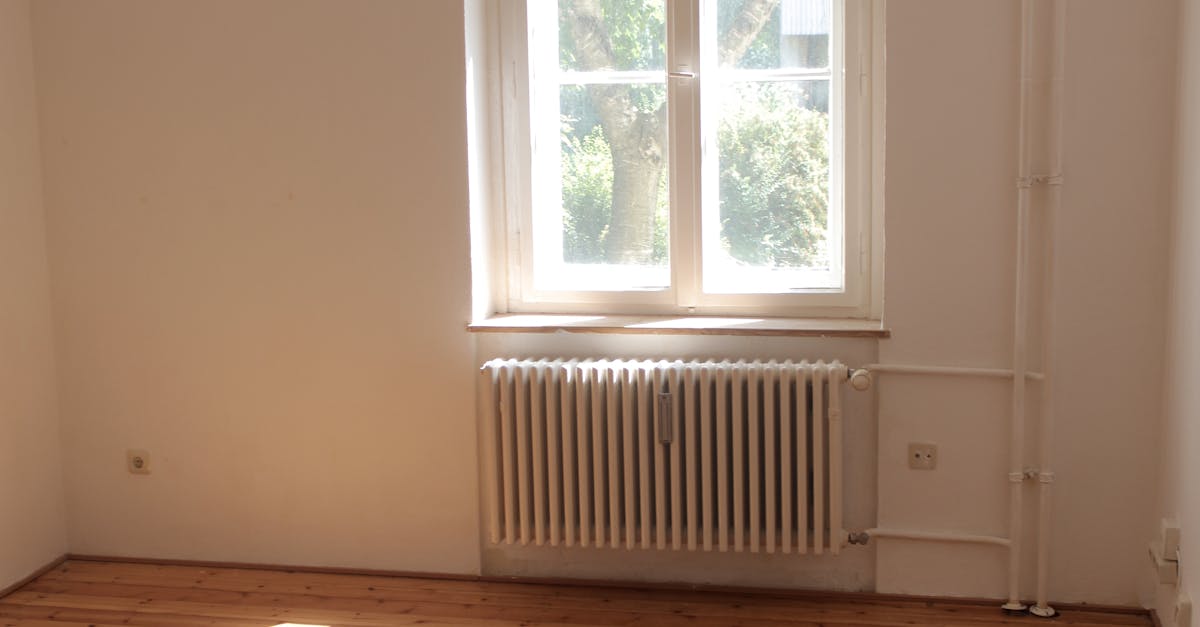
Table Of Contents
The Application Process for Business Loans
Applying for a business loan involves several essential steps that investors should be aware of. First, it’s crucial to gather all relevant financial documents, including tax returns, profit and loss statements, and any existing debt information. Lenders will evaluate your financial health, and having organized documentation can significantly streamline the process. Understanding your debt service coverage ratio (DSCR) is also vital. A favorable DSCR Airbnb reflects your ability to manage debt repayments, which can enhance your chances of securing funding.
Once you’ve prepared your documentation, the next step is to research potential lenders and their requirements for business loans. Different lenders will have varying criteria, particularly concerning your credit score and the proposed use of the funds. Crafting a comprehensive business plan that specifies how the loan will facilitate the acquisition of an Airbnb property can strengthen your application. Highlighting your projected income from the Airbnb and demonstrating a sound understanding of the market can further appeal to lenders.
Steps to Secure Funding
When seeking funding for your Airbnb venture, the initial step involves assessing your financial standing and preparing your documentation. Lenders typically require a comprehensive business plan that outlines your strategy, expected occupancy rates, and income projections. A strong emphasis on your debt service coverage ratio (DSCR) Airbnb can significantly enhance your application, as it reflects your ability to manage loan payments in relation to your rental income. Lenders favor applicants with a DSCR above the industry threshold, showcasing a well-planned approach to potential revenues.
Once you have gathered your materials, the next step is to identify suitable lenders who provide business loans specifically for real estate investments. Compare various options, such as traditional banks, credit unions, or alternative lending sources, to find the best terms and interest rates. Some lenders may have specific requirements related to Airbnb operations, so be prepared to explain how your model ensures consistent cash flow. A thorough understanding of your market and a detailed plan can help communicate the viability of your investment, making you a more attractive candidate for funding.
Tax Implications of Using a Business Loan
Using a business loan to invest in an Airbnb property can lead to various tax implications that owners should consider. Interest payments on business loans may be tax-deductible, which can significantly alleviate the financial burden for Airbnb hosts. However, it's essential to document all expenses related to the property meticulously, as the IRS has strict guidelines on what qualifies as a legitimate business expense. These deductions can assist in maximizing the profit margins, particularly in a competitive rental market.
In addition to interest deductions, there are specific tax advantages associated with costs tied to the upkeep and management of an Airbnb. Expenses such as maintenance, repairs, and even utilities can often be written off as business costs. Homeowners who are leveraging a DSCR Airbnb—where the Debt Service Coverage Ratio is primarily used to determine the property’s ability to generate sufficient rental income to cover the loan—should pay close attention to the way these deductions affect their overall taxable income. Understanding these implications is vital for strategic financial planning.
Deductions and Write-offs for Airbnb Owners
Airbnb owners can take advantage of several tax deductions and write-offs, which can significantly impact their bottom line. Common expenses include mortgage interest, property taxes, utilities, and insurance premiums. Additionally, costs related to property management, repairs, and maintenance are also deductible. Keeping meticulous records of all expenses is essential to maximize these benefits, ensuring that all eligible deductions are accurately reported during tax season.
When financing an Airbnb venture with a business loan, understanding the implications of your debt service coverage ratio (DSCR Airbnb) becomes crucial. This ratio measures the property's ability to cover its debt obligations, impacting both loan approval and tax considerations. If the DSCR is favorable, it not only enhances the probability of securing financing but allows owners to leverage their investments more efficiently while benefiting from tax write-offs associated with business expenses.
Risks of Using a Business Loan to Buy an Airbnb
Investing in an Airbnb property using a business loan comes with inherent risks that potential owners must consider. Market fluctuations can impact rental demand and pricing, leaving investors vulnerable to lower-than-expected income. Additionally, managing an Airbnb involves ongoing costs such as maintenance, utilities, and property management fees, which can quickly add up and strain finances. Without careful forecasting, an Airbnb owner can find themselves struggling to meet monthly loan payments.
Another significant risk is related to the debt service coverage ratio (DSCR) Airbnb owners must maintain. Lenders often assess the DSCR to determine if an investor can comfortably cover their loan obligations with their rental income. A lower-than-expected occupancy rate can lead to a reduced DSCR, raising concerns for lenders and possibly jeopardizing the loan terms. This can create a challenging situation for investors who may face refinancing challenges or additional fees.
Potential Financial Pitfalls
Investing in an Airbnb property using a business loan can come with significant financial risks that need careful consideration. One of the major pitfalls arises from the dependency on consistent cash flow to meet loan repayment obligations. Airbnb revenue can fluctuate due to market trends, seasonal demand, or even unexpected events like economic downturns or local regulations. If the property fails to generate enough income to cover loan payments, investors may find themselves in a financially precarious situation, threatening both the property and personal finances.
Another risk involves the Debt Service Coverage Ratio (DSCR) for Airbnb investments. Lenders frequently assess this ratio to determine an investor's ability to manage debt. A lower DSCR indicates potential challenges in covering the loan payments through property income. Investors must ensure they understand the implications of their property’s performance on its DSCR, as failing to maintain a healthy ratio can lead to difficulties in securing favorable loan terms or even refinancing in the future. Proper financial planning and an assessment of the property's income potential are crucial before making a commitment.
FAQS
Can I use a business loan to purchase an Airbnb property?
Yes, you can use a business loan to purchase an Airbnb property, as long as the loan aligns with your business objectives and financing requirements.
What types of business loans are available for buying an Airbnb?
There are several types of business loans available, including traditional bank loans, SBA loans, commercial real estate loans, and online lenders that offer specific financing for property purchases.
Are there specific requirements for using a business loan to buy an Airbnb?
Yes, lenders typically require a solid business plan, proof of income, creditworthiness, and possibly collateral. Requirements may vary based on the lender and loan type.
What are the tax implications of using a business loan for Airbnb?
Using a business loan can have tax implications, including the ability to deduct interest payments and other expenses related to the loan as business expenses, which could lower your taxable income.
What risks should I consider when using a business loan to invest in Airbnb?
Some risks include the potential for financial instability if the property does not generate expected income, higher debt levels, and the possibility of having to manage loan repayments during slow rental seasons.




